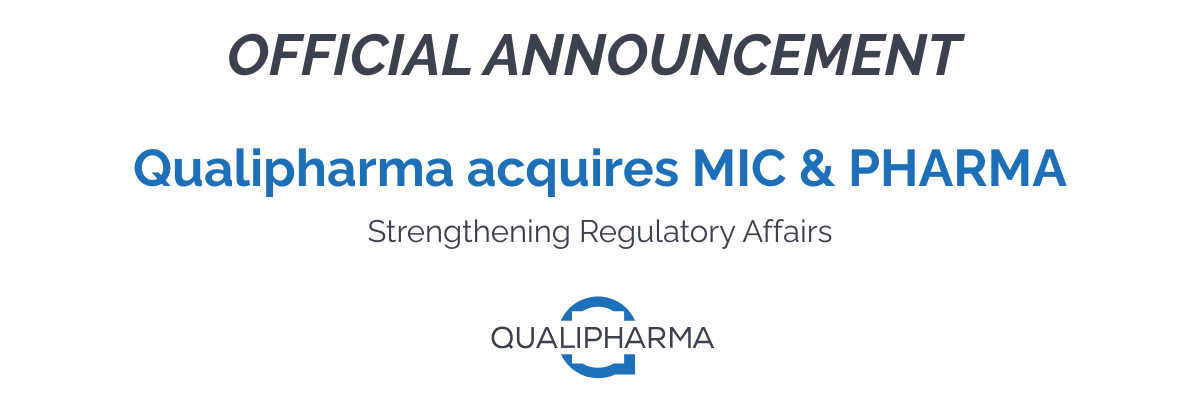In the pharmaceutical industry, the preparation and management of registration dossiers continue to be one of the greatest operational challenges for technical and regulatory teams. Despite a high level of regulatory compliance and increasing technical complexity, many processes are still approached using traditional methodologies and limited tools. This turns the procedure into an operational burden that consumes large amounts of time and resources, leads to avoidable errors, hinders document traceability, and compromises the overall efficiency of the process.
Far from being a simple administrative formality, the way registrations are structured and reviewed directly impacts regulatory timelines, document quality, and organizations’ ability to respond to an increasingly demanding environment.
Extensive and Inefficient Document Review
Each registration requires the analysis and validation of hundreds of pages of documentation. Without optimized methodologies, this process presents several issues such as errors due to fatigue or lack of control, difficulty maintaining internal consistency, and prolonged review times with no guaranteed improvement.
Repetitiveness and manual effort result in low operational efficiency.
Fragmentation of Regulatory Information
Documentation is often scattered across different formats—Word, Excel, PDF, shared repositories, or emails. This dispersion makes it difficult to quickly access key data, increases the risk of working with outdated information, and leads to the repetition of efforts already completed in previous registrations.
The lack of traceability between modules and versions limits the reliability of the process.

Direct Impact on Time-to-Market
Delays in the submission or approval of a dossier can compromise a drug’s commercial launch. The most common causes are formal errors requiring rework, poor coordination among teams, or the failure to leverage already approved previous dossiers.
Regulatory efficiency is key to maintaining competitiveness in demanding markets.
Loss of Accumulated Technical Knowledge
Tedious processes often lead to staff turnover, inconsistent criteria between subsidiaries or departments, and a lack of mechanisms for reusing previously made decisions.
This disconnect prevents the consolidation of a solid regulatory knowledge base within the organization.
When the Procedure Hinders Rather Than Regulates
In many cases, it is not the technical complexity of the dossier that delays the process, but the way it is managed. A poorly structured, scattered, and untraceable procedure becomes the greatest risk in the registration process. Rethinking these workflows, organizing information, and building a system that allows organizations to capitalize on accumulated knowledge is not just a matter of efficiency—it is a strategic necessity.


